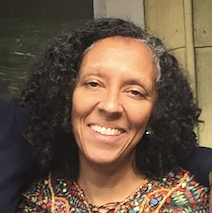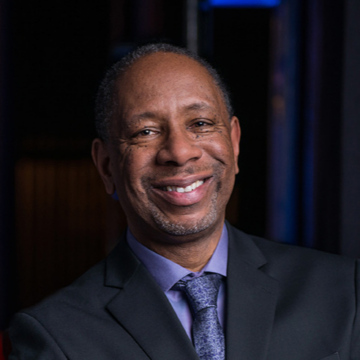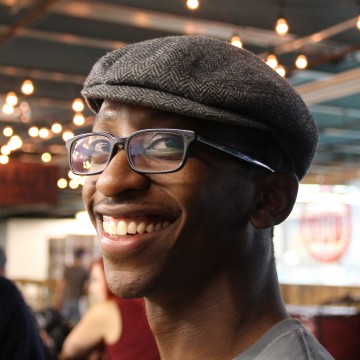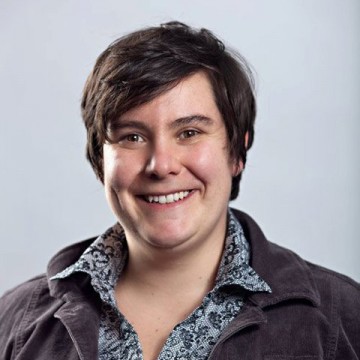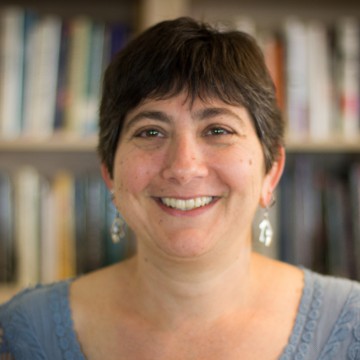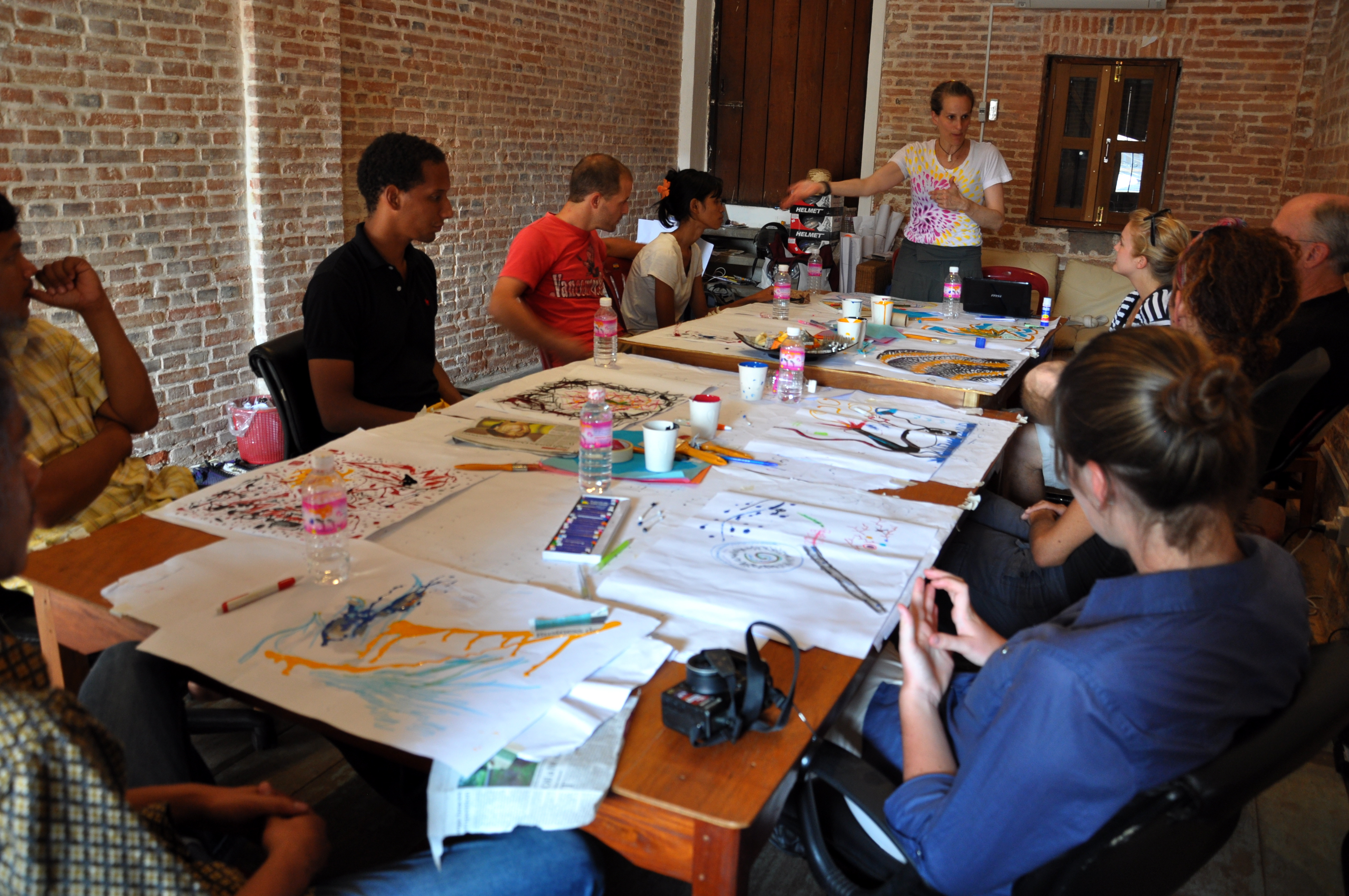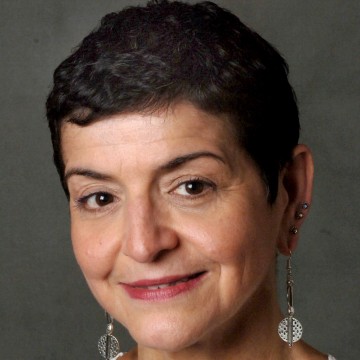Posted in Big Democracy
December 11, 2015
FOR IMMEDIATE RELEASE
Today community activists, designers, planners, and public officials convene for a day-long event, Design, Development, and Democracy. They are called to imagine connected, democratically-driven design and development processes that can expand and deepen our democracy.
“It is important that we recognize city planning decisions as democracy opportunities,” said IISC President, Ceasar McDowell. “These decisions are not now, and never have been, separate from political matters.”
Cities are complex places where competing interests influence quality of life. To build just and resilient cities, people across sectors—not only planners—must influence decisions related to the built environment, community health and interconnected social issues.
That is why IISC has joined with Sasaki Associates, MIT’s Dept. of Urban Studies and Planning, the Boston Society of Architects, and Harvard University Graduate school of Design to host Design, Development, and Democracy (DDD) at the Bruce C. Bolling building in Roxbury.

Read More
October 22, 2015
“If you have come here to help me, you are wasting your time. But if you have come because your liberation is bound up with mine, then let us work together.”
Lilla Watson
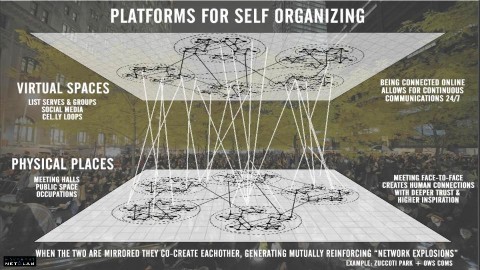
http://movementnetlab.org/new-platform-statement/
Last week I attended a gathering of network funders and practitioners in Oakland, CA hosted by Leadership Learning Community. Surrounded by so many bright lights, it was hard to get enough of any given individual or conversation. That said, one interaction that continues to stick out for me occurred with Allen Kwabena Frimpong and June Holley of Movement Netlab. Allen, June and I share an interest in supporting collaborative platforms (virtual and in-person) that can help to facilitate resource movement and exchanges of all kinds among diverse actors for the benefit of structural change. Read More
October 10, 2015
FOR IMMEDIATE RELEASE
Ceasar McDowell Speaks at TedX Event from 3-6PM EST on October 10.
See the TedX presentation here.
Hamilton College has produced a TedX to remember, with speakers united under the theme “Curiosity and Creativity Uninhibited.” It was an honor for IISC President Ceasar McDowell to be invited, and supported by Hamilton student Chidera Onyeiziri.
Ceasar’s talk is entitled, “Big Democracy: A Fundamental Shift.” See him open with the vastness of wonder that exists in the universe, literally displaying a photographic representation of the Big Bang. He then presents the comparison to the Human Universe with its constellation of different races, ethnicities, languages, sexual orientations, and belief systems. So while the complexity of the universe inspires, the complexity of the Human Universe feels daunting.”
His answer to help us see and understand the complexity of the human universe is Big Democracy. Ceasar describes the artifacts democracy produces and interactions needed for an equitable society. He invites we frame our collective agenda using inquiry, explores why we need to design for the margins, and shares his latest idea for inter-personal change: micro-inclusions.
The talk calls on the audience to acknowledge the choice-point we are at as a society, and to imagine a new series of actions and interactions for social change.
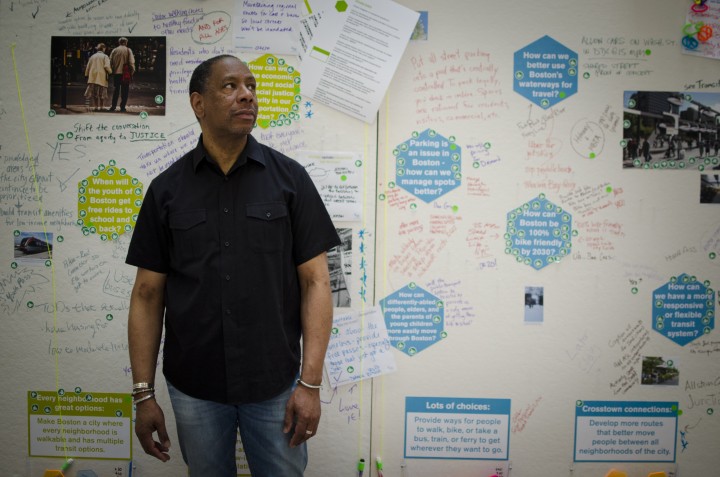
May 5, 2015
We’ve heard this call and response chant echo down boulevards from St Louis to Baltimore as the #BlackLivesMatter movement takes to the streets. This is what democracy looks like, when the people most affected by a situation organize for change. They call out to us from the streets to remind us that democracy is not about the mechanics for voting for representation.
We don’t all have to march in the streets to use our power and privilege to push for a more just society. I received a copy of a wonderful letter last night. A friend who lives in Baltimore was deeply disturbed by a video that appears to show a Baltimore city police officer violently assaulting a man from behind, even though his hands are raised in surrender. Read More
March 19, 2015
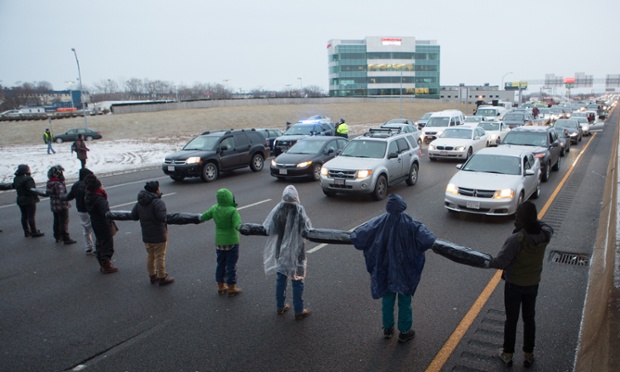
Image credit: The Guardian
Here is the fact: one segment of the population suffers daily humiliation from the sanctioned authorities. These humiliations too often lead to the most tragic of outcomes – murder by police. Another segment of the population, a much larger and dominant segment, does not have any direct experience of this sort of injustice. So they deny that it exists or that really matters that much. And here is where we find ourselves. Read More
March 16, 2015
I’ve long said that the ways in which work and organizational life are changing should be advantageous to those of us committed to social movements. Our organizational imperatives should never supersede our movement’s imperative. We should be willingly able to discard any organizational structure that does not serve our ultimate purpose. Read More
February 4, 2015
The most unique feature of the Go Boston 2030 Question Campaign is happening: a glass truck is collecting questions in Boston’s neighborhoods, making two stops a day through Feb. 7. To find the truck in your neighborhood, visit GoBoston2030.org.
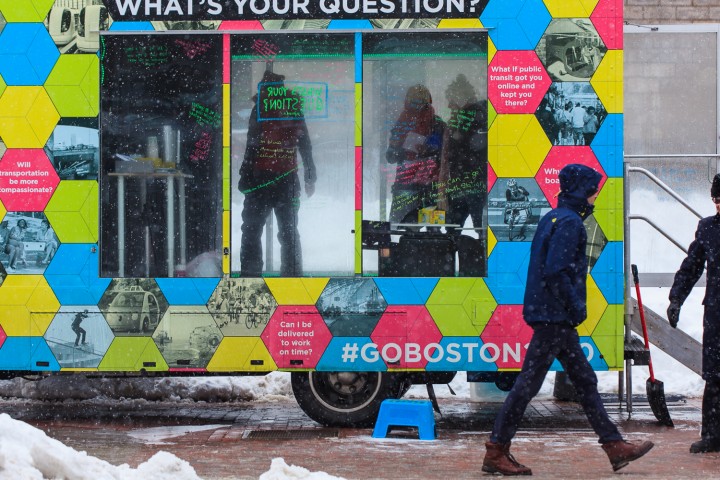 The Mayor’s office announced the What’s Your Question truck and it debuted at City Hall Plaza.
The Mayor’s office announced the What’s Your Question truck and it debuted at City Hall Plaza.
“The Go Boston 2030 initiative is using the latest technology and real grass roots activity to achieve an unprecedented level of community engagement. We’re hearing directly from a broad group of people about what their needs and hopes are for Boston’s transportation future,” said Mayor Walsh. “Together, through this initiative, the public and city officials will build a bold and innovative plan that will improve mobility for residents, commuters, and visitors.”
Read More
January 28, 2015
This summer my daughter and I collected questions for Go Boston 2030 at an event in Roxbury. We walked up to people and asked them, what’s your question about getting around Boston in the future? It usually takes folks a minute to orient themselves to what they have just been asked. “So, you want a question?” Yes! Questions open up possibilities and thoughtful consideration – and that is why they are the starting point for Go Boston 2030.
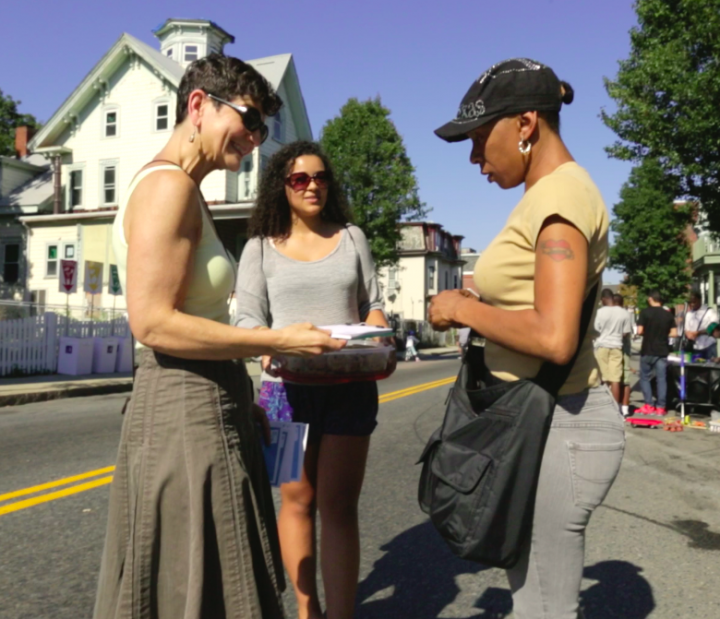
GoBoston2030 is a visioning initiative, led by Mayor Marty Walsh and the Boston Transportation Department. The project will inspire a bold transportation future for the city in the next 10-15 years, grounded in commitments to equity, environment and economy as well as driven by an unprecedented public engagement process. As a partner to the city in this, IISC designed and launched a Question Campaign which is a communication and engagement strategy. The Question Campaign promotes the practice of asking questions and sharing stories of mobility and transportation to engage the creativity and ideas of all people in Boston, with particular attention to the the margins of society, those traditionally excluded. Read More
January 22, 2015
“If you bring the appropriate people together in constructive ways with good information, they will create authentic visions and strategies for addressing the shared concerns of the organization and community.”
David Chrislip

In our work at IISC, we occasionally reference David Chrislip’s “collaborative premise” (see above) as a way of orienting people to some of the key components of effective collective and net work. Given our emphasis on effective stakeholder engagement and process design, we generally focus on the first two elements more so than the last around good information, which does not mean we think it doesn’t matter. In fact, recently I’ve been observing some interesting dynamics around the data conversation in various network building and collective impact projects that we support.
Invariably, it seems that there are those who are quite concerned about ensuring that a given collective effort has the “right data” and that people are being “rigorous” in their approach to problem/opportunity analysis and solution generation. While understanding the need to have and use good data, we also think that it’s important to ask the question – Data for what? People often say they want data to ensure that they are not making uninformed and overly subjective judgments. Understandable. Furthermore it is sensible to want to seek out a baseline to be able to measure progress as a change effort moves forward. This said, I see a number of pitfalls in what can sometimes become the drumbeat for data.
Read More

